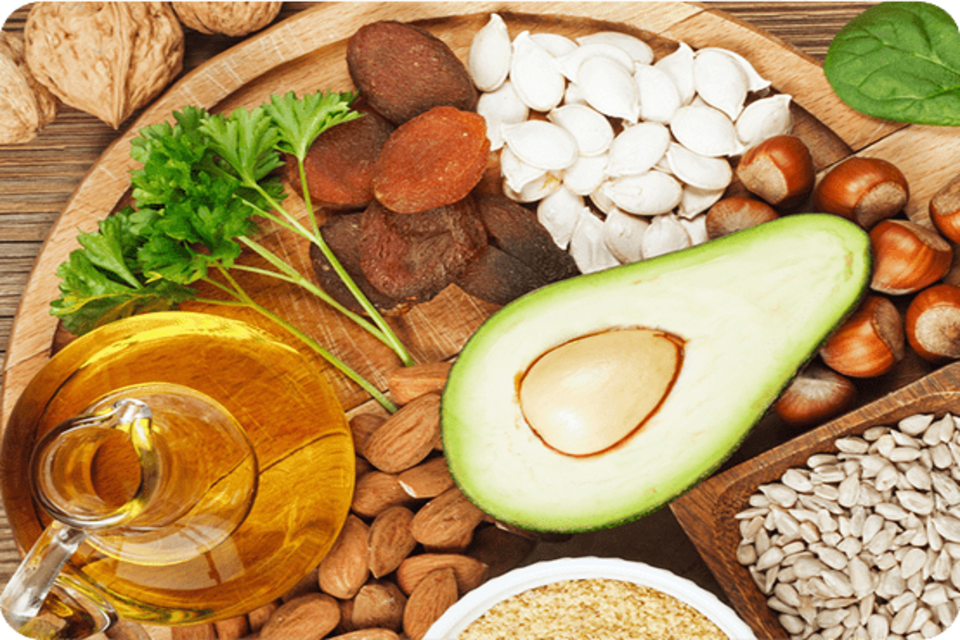Citric acid, a natural food preservative, has been a crucial additive in practically everything thinkable.
From pre-packaged food items to cleaning supplies to beauty products, food additives are present everywhere. However, foods containing citric acid have got a bad repute in the wellness sector.
Here are some basics regarding citric acid that you need to know.
What is citric acid?
From hummus to wine to salsa, citric acid is lurking behind in pretty much every product we consume.
Citric acid is found in citric fruits. It is an organic acid that is widely used as a stabilizing agent in canned foods and drinks.
The acid is mostly found in citrus fruits like lemons and limes. However, the citric acid used as a food additive/preservative isn’t derived naturally from fresh produce. Instead, it is produced in a lab.”
Citric acid is added to the processed food for various reasons—the additive acts as an antioxidant that keeps the food from going stale.
Citric acid is a soft organic compound and possibly the most popular food additive for packed food items.
First and foremost, sodium citrate uses in food vary from enhancing the food’s flavor to preserving it—adding citric acid lands an acidic or somewhat sour taste to foods and drinks.
Citric acid is an all-natural food and environment-friendly food preservative that is commonly used as a cleaning agent.
Because it is biodegradable and derived from raw and entirely organic materials, it’s more sustainable than ingredients like SLS that is primarily derived from petroleum or palm oil.
Citric acid appears like a white crystalline powder and is naturally present in many forms of life.
It comes in a water-free form that crystallizes from hot water. The acid is found in most plants and animal tissues and fluids as a part of the metabolic function.
Types of Citric Acid
Naturally-Derived
The naturally derived version of citric acid is found in various foods—certainly with a much greater concentration in citrus fruits, such as limes.
Non-Naturally Occurring
The non-naturally occurring or lab-made citric acid is made through the fermentation of sugar or molasses in the presence of a fungus.
Is citric acid safe to ingest?
Citric acid is safe, even when it isn’t derived organically.
The lab-made citric acid has got a bad rap as it is derived from an unlikely source that is black mold, which is formed in areas where there is moisture.
Though the black mold is filtered from the final product and the product that’s left is citric acid that’s added to food.
Though citric sensitivity exists in medical literature, it’s still unclear that if the sensitivity is actually caused by mold.
Thinking if there are any health issues to take note of?
Fortunately, the mold content in the lab-derived citric acid doesn’t impact our health negatively.
Besides, the citric acid that is derived from fruits and veggies is actually a healthier option because of its antioxidant status.
The naturally found citric acid acts as an antioxidant that helps fight disease. Emphatically, citric acid is safe to consume, and there are no cases reported with the consumption of lab-made citric acid.
Should I avoid citric acid if I have a citrus allergy?
If someone has a citrus allergy, they shouldn’t be concerned as they aren’t specifically allergic to citric acid. Instead, they’re allergic to trace amounts of corn and black mold present there in the acid. Although mold is generally safe to ingest, it can aggregate healthy lifestyle concerns in people with weak immunity.
Food additives that are commonly used!
Sulphites
Sulphur dioxide, the synthetic form of sulphite, is used in canned foods to delay their expiry. The primary purpose of sulphur dioxide is to maintain the flavor and color of dried food items. For people with sensitivity to sulphites, it is best to substitute dried food items with fresh ones.
Sorbates
Sorbic acid another form of preservative that stops the growth of mold. This form of citric acid is primarily originated from petroleum, which can cause or trigger an allergic reaction.
BHA and BHT
BHA (Butylated hydroxyanisole) and BHT (Butylated hydroxytoluene). The two petroleum-derived additives are used to stop rancidity in oils. BHA is a thermally-stable preservative that is widely used in baked foodstuff.
Nitrates and nitrites
These additives are commonly used in smoked foods to inhibit bacterial growth and extend its shelf life. However, increased consumption of canned food containing nitrates and nitrites are more likely to increase the risk of bowl-cancer.
So this is it! Whether you’re consuming artificially or organically derived citric acid, none of them pose any severe health risks. However, if you’re concerned regarding the side effects, the best practice is to stay stick to products containing organically-derived citric acid
Since now you know what you are eating, you can easily skip the unintended side effects of additives.


